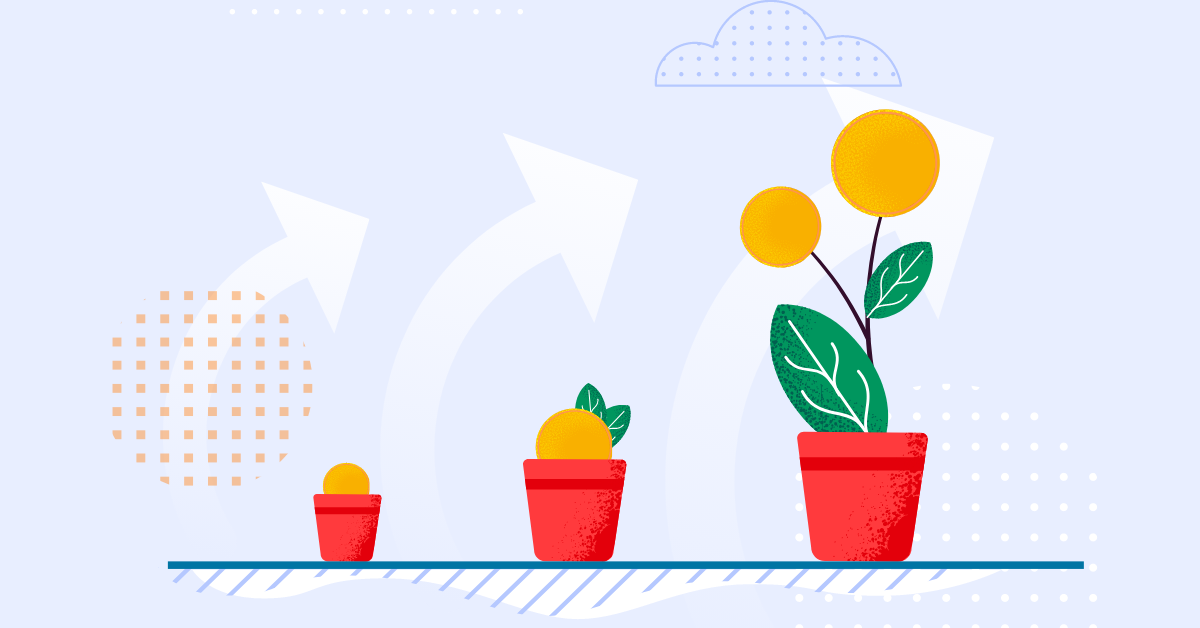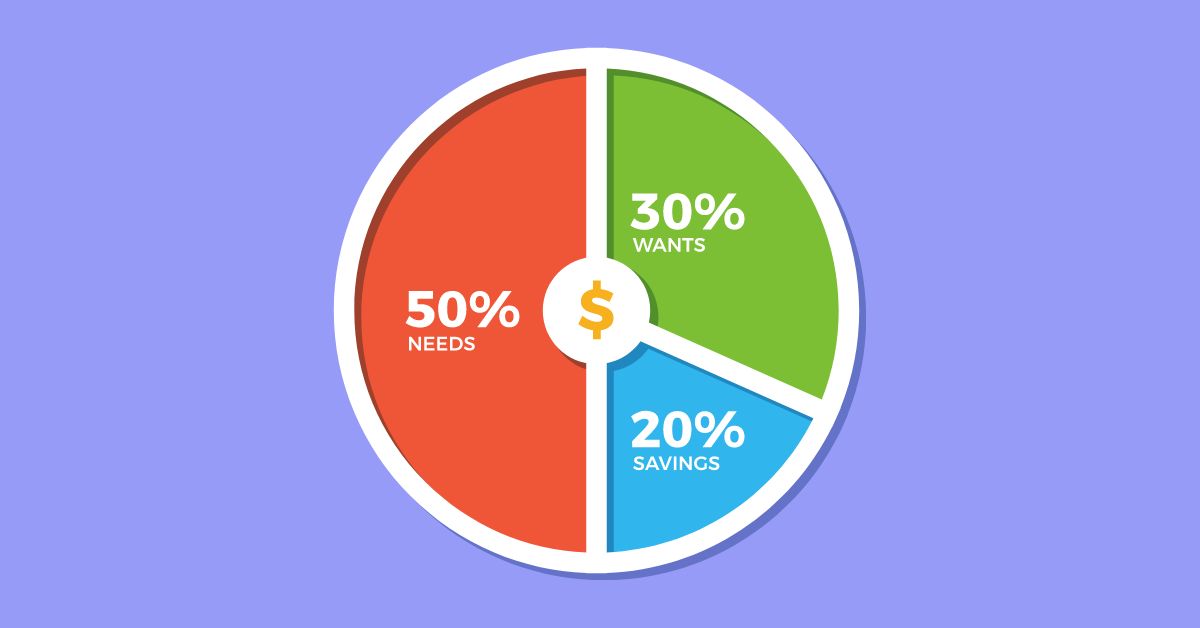Before you spend, earn, and invest, there are some money lessons we all should know. Unfortunately, most of these aren’t taught to us in school.
Money lessons that help save and invest are learned mainly by experimenting and from others’ experiences. Schools and technical institutions help us become capable of competing in the market with a technical understanding of the basic day-to-day concepts.
But, you can learn the lessons about life and money from experiences. But, without experimenting, how can you experience it? We have gathered some helpful money lessons from some of the most ardent investors.
Let’s see which money lessons you don’t learn at school or any teaching institutions.
Why Are Money Lessons Important?
It is crucial to understand the money lessons as early as possible. When you save and invest your money, you should aim to optimize returns and minimize the potential risks. These risks are different for various investment instruments.
Understanding money lessons before investing helps you understand the risks involved better, and you would be already prepared for the possible outcomes. Hence, money lessons are important because –
- They help you understand the risks to minimize them well.
- They cater to your purpose of maximizing the returns.
- You can look at the investment options from different perspectives.
So, let’s get started.
5 Money Lessons You Must Learn
It is pretty challenging to succeed if you do not have a working knowledge of money. So here are some lessons you should know..
1. Start Investing Early
When we don’t understand money and its value, we don’t save money. Moreover, whatever cash remains in our hands can be easily spent. By inculcating the habit of investing from an early age, we can understand the value of money better.
Benefits Of Investing Early
Waiting to invest later in life could be a big mistake as the benefits of investing early are huge and worth the effort. Here’s why.
- Ensure Your Future
You can tolerate more risks and invest in securities with high returns at an early age, enabling wealth accumulation to secure your future.
- Improves Quality of Life and Spending Habits
The young succumb to peer pressure and spend on things they don’t need leading to unhealthy spending. If the saving habit is inculcated early, children learn its benefits and habits for saving and sensible expenditure to improve their standard of living.
- Tax Considerations
The beginning of your investing journey sets off your income tax liability. Hence, it is advisable to implement tax-saving strategies. Investments in the instruments that offer tax benefits in form of deductions or exemptions can help reduce your tax liabilities. You may allocate your funds to buy exempt securities under sections 80C,80D, and 80EE of the Income-Tax Act.
2. The Compound Effect
An investment’s value rises at a constantly increasing pace rather than an arithmetic rate (straight-line). Reinvesting earnings at the same compound interest rate of return would help to grow the principal amount year after year. Here’s how compound interest works:
When you reinvest your earnings, the returns increase. So you can invest less than you would have to if you started investing later in life and earn the same return every month, if not more, as retirement money.
Suppose you want to grow your wealth to ₹10+ crores by the time you are 65 assuming a 10% yearly return. If you began investing at the age of 25, you would only have to set aside approximately ₹17,000 per month for an investment account.
3. A Plan For Coordinating Income And Expenses
When you teach children to coordinate the expenses in proportion to their incomes, they learn early lessons in budgeting. That will enable them to manage their finances better. You can allocate your savings in three ways:
- To save
Save a minimum of 10% or more of what you earn after expenses.
- To share
You could get carried away and save all you have. That is why it is good to learn to share a portion of what you have with the needy.
- To spend
Learn the right way to spend when you are still a child by taking over the responsibility of buying something for a fixed sum of money. You will research and find the right product at the right price and learn a valuable lesson in budgeting.
4. Taking Out A Loan To Pay Off Debt
One of the most important lessons we don’t learn in the school is ‘Debt Consolidation.’ The debt consolidation companies help individuals that carry multiple debts to repay. The advantage of such consolidation is that all your existing debts are merged, and you get a new interest rate which is usually lower than your current rate.
5. Managing Personal Finance
You should start working on your personal finance early. Managing personal finance does not require you to invest considerable amounts in various instruments. It is instead a concept of bearing all your expenses on your own and accommodating your savings into investments so that they can appreciate over time.
Conclusion
Investing habits developed at a young age helps you become financially independent. Learning how to manage personal finances can help you invest more competently and efficiently, enabling you to invest and spend.
At WealthDesk, we offer you readymade WealthBaskets consisting of stocks or ETFs reflecting an investment strategy or theme designed explicitly by the SEBI-approved investment professionals and make your investment journey hassle-free.
FAQs
Students realize the value of money only after earning and being responsible for their expenditures.
You must start investing as early as possible. There is no right age to start your investment journey.
Sometimes, we are so overwhelmed with savings and investing that we forget to spend on the right things. Spending on the right items can become your investment and may get you good returns over a more extended period.
Whatever pocket money children get, we must ask them to record their expenditures and save a tiny amount from their pocket money. Such small habits can help them grow older and start earning money themselves.


















